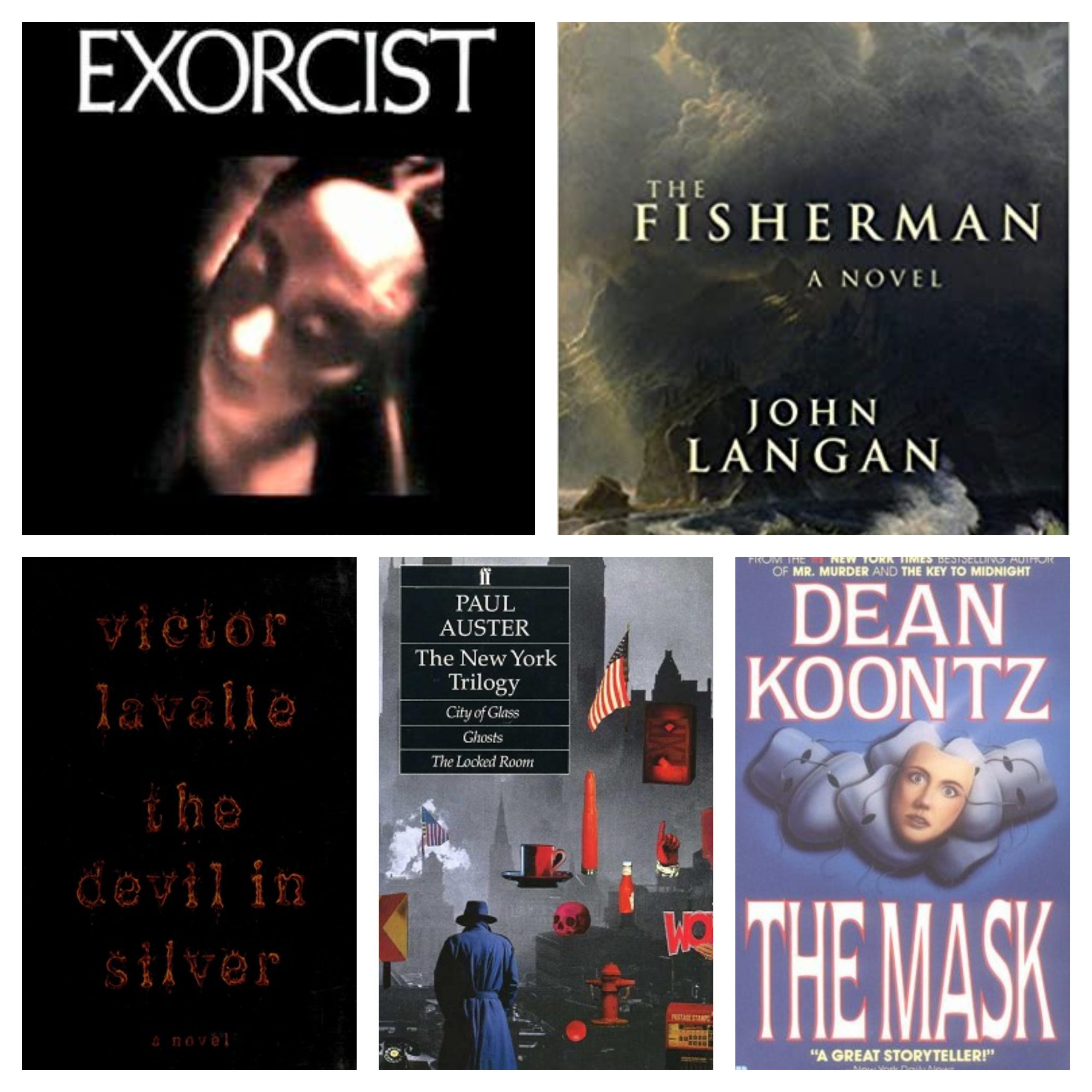Welcome back, boils and ghouls! I hope you’ve had a fruitful Halloween, catching up on some cool spooky classics, because that’s what I’ve been doing. This time, I’ll cover a towering classic of Jesuit terror, a tragic tale of cosmic horror, a spunky ensemble people in an asylum, a weird ass slice of crime fiction and some good ol’ fashioned shitty ol’ Dean Koontz. Sounds like a barrel of fun, right?
Also for those just joining me, this is my journey through the following “Best of” Horror lists:
Reedsy Discovery Best Horror Books
Stephen Jones & Kim Newman’s Horror: 100 Best Books
Stephen Jones & Kim Newman Horror: Another 100 Books
If you want to check out my previous entries, they can be found here:
Part 6 |Part 5 | Part 4 | Part 3 | Part 2 | Part 1
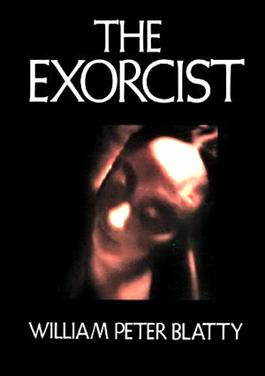
The Exorcist (William Peter Blatty, 1971)
List: NPR, Reedsy and Jones/Newman
This is one that I felt obligated to read sooner than later given that The Exorcist is one of the Big Three (along with Rosemary’s Baby and The Other which I’ll also get to) that led to the massive horror novel boom of the ’70s and ’80s. So how was it? Eh… Frankly it was decent but hardly amazing. The characters seemed a little thin (I would’ve really liked more of the detective and Father Carras…they had a nice back-and-forth that gave the novel more than just plot point, melodrama, plot point, melodrama, plot point, end), and I think the experience of reading it was also hurt by my having read a better demon possession book in Come Closer by Sara Gran pretty recently. I do think my impression of this book was elevated a little higher than it would be otherwise by listening to the Christopher Lee-narrated audiobook version of it. Lee’s reading, particularly in the back half of the novel, is a bravura performance befitting the manic multiple personalities of Reagan’s possession. Honestly though, it’s really not that great purely as a narrative., but it’s influence can’t be denied.

The Fisherman (John Langan, 2016)
List: NPR
This was an excellent tale of cosmic horror ensconced in a sea of loss. Ostensibly two novellas, one nested inside the other, it’s the story of two men who use fishing to bond and cope with the deaths of their wives. When one of them, after a particularly rough patch, suddenly and excitedly asks to go to a mysterious fishing spot called Dutchman’s Creek, they find themselves hearing the story behind it, a long and strange tale of black sorcery and the undead, before they themselves become entrapped in the midst of their own chapter in the saga. While this started a little slow, I felt it was necessary to build the characters and offer context for where it was going. By dotting its i’s and crossing its t’s, the second half of the novel explodes with an epic Lovecraftian madness that will definitely please fans of stories like Color Out of Space. It’s easy to see why this won the Bram Stoker award. It’s damned good.
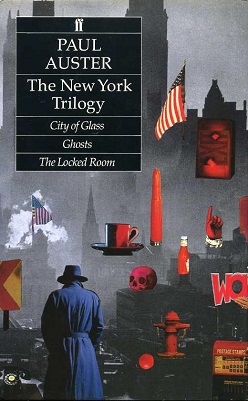
The New York Trilogy (Paul Auster, 1987)
List: Reedsy Discovery
At times, this book made me feel as if my brain were eating itself. Is that a good thing? I don’t know. I probably never knew and only thought I did. Auster’s meta-surrealist detective novellas are willfully obtuse, mysterious and, while not horror in the traditional sense, generate a David Lynchian atmosphere of menace and confusion. It’s as compelling to read as it is frustrating and while it isn’t something I would wholeheartedly recommend to everyone, for those interested in exploring the weirder corners of crime fiction (or really existentialist surrealism masquerading as crime fiction), it’s well worth checking out. One thing I noticed about “The Locked Room” in particular is that it bears a striking similarity to the Oliver Onions story “Hic Jacet” I read recently, also about an obsessive narrator who is forced to confront his own mediocrity in the face of the genius of a friend while attempting to write his friend’s biography. I have to wonder if this is intentional given that the book is littered with references and allusions to other written works.
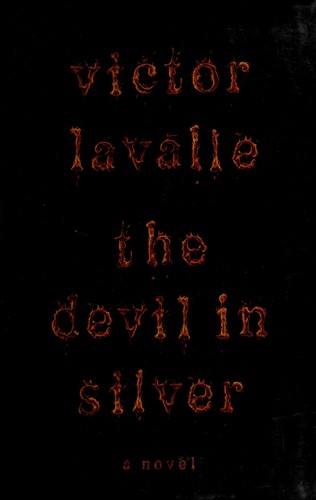
The Devil In Silver (Victor Lavalle, 2012)
List: Reedsy Discovery
This is the story of a big guy with a hot temper nicknamed Pepper who gets admitted to a psych ward after assaulting a trio of plainclothes police officers. While there he meets a variety of odd and interesting people and faces down The Devil. Those going into this for more of a traditional horror novel will probably come out disappointed. This is actually much more of a slice-of-life character piece about this group of patients in this asylum that happens to have occasional horror elements in the guise of a mysterious patient at the end of an isolated corridor that people claim is the devil, complete with bison head and horns and hooves for feet. It’s also an indictment against the poor state of mental health in the U.S. and how callously the mentally ill are treated. I actually liked this one pretty well. LaValle has a refreshingly unpretentious and outright funny writing style with occasional asides, digressions and editor’s notes that comment on what’s going on. I could see this bugging some people but I thought they generally worked and served as almost an extension of Pepper’s unconscious. While I would’ve like to have seen the horror elements more pronounced, I still enjoyed my time spent with this quirky group of people.
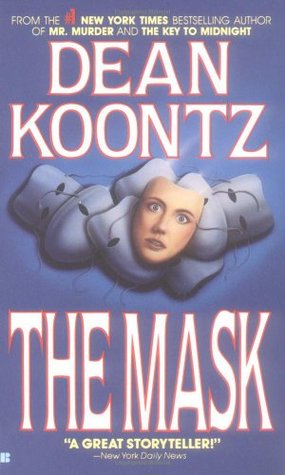
The Mask (Dean Koontz, 1981)
List: Reedsy Discovery
A couple desperately wants to adopt a child. The mother one day accidentally runs over a teenager with amnesia who steps out in front of her and agrees to take the teen in until they can locate her family. Meanwhile, strange omens and prophetic visions abound of an impending tragedy. What could it all mean? To be honest, I’m not the biggest fan of Dean Koontz. His writing can be one-dimensional and heavy-handed (which this book definitely has in spades). The Mask isn’t even one of the better Koontz books I’ve read. Aside from the general Koontz problems I mentioned before, the book’s pacing is pretty bad at times especially the third act which seems to both want to rush to end while also vomiting out a lot of exposition we the readers already know. The ending was also laughably abrupt and unsatisfying. I have no idea why this book is on the Reedsy list frankly. It is probably the worst book I’ve read as part of this whole exercise so far.

